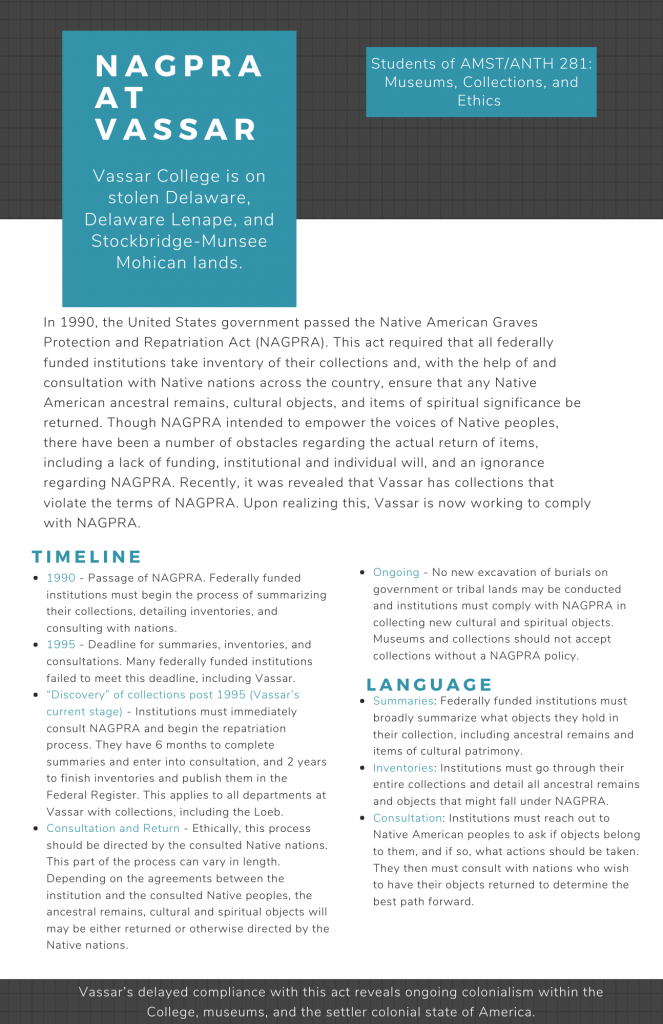Repatriation is a complex topic because it involves power and precedent. The return of objects and individuals to people and places who claim them is about more than where that particular object or person belongs and who it belongs to.
Repatriation is about justice but justice in a cross-cultural sense. There is no clear set of rules that apply to all cases and in many cases the rules that do apply are widely acknowledged to be flawed. Some cultures reduce all claims of ownership to written documents. Other cultures determine ownership by length of possession. Still others value only who has it now and require any claimants to prove that it was taken from them unlawfully. How can you prove that your bicycle is yours? There may be a name inscribed on the frame but maybe the person who took it from you put their own name there.
Repatriation is about humanity but not in a “the past belongs to all of us” sense. Every past belongs to some people more than others. The same past can even belong to different groups in an equal way. For example, you have two parents that come from two different families. Each family can claim you as their own but dividing your physical body into two is neither possible nor desirable. To whom would you be repatriated? Where do you belong?
Repatriation challenges us to achieve a deeper level of understanding about the past and the present. By asking why an individual or object has become contested, we ask what that person or thing means to us all. What does it symbolize? Are there wrongs that need to be righted? What would returning it mean? What is at stake now? What was at stake in the past?
I encourage you to think deeply about the bigger questions behind each repatriation case and every repatriation rule and regulation. If there was a clear right answer, why would so much be written on the topic?

